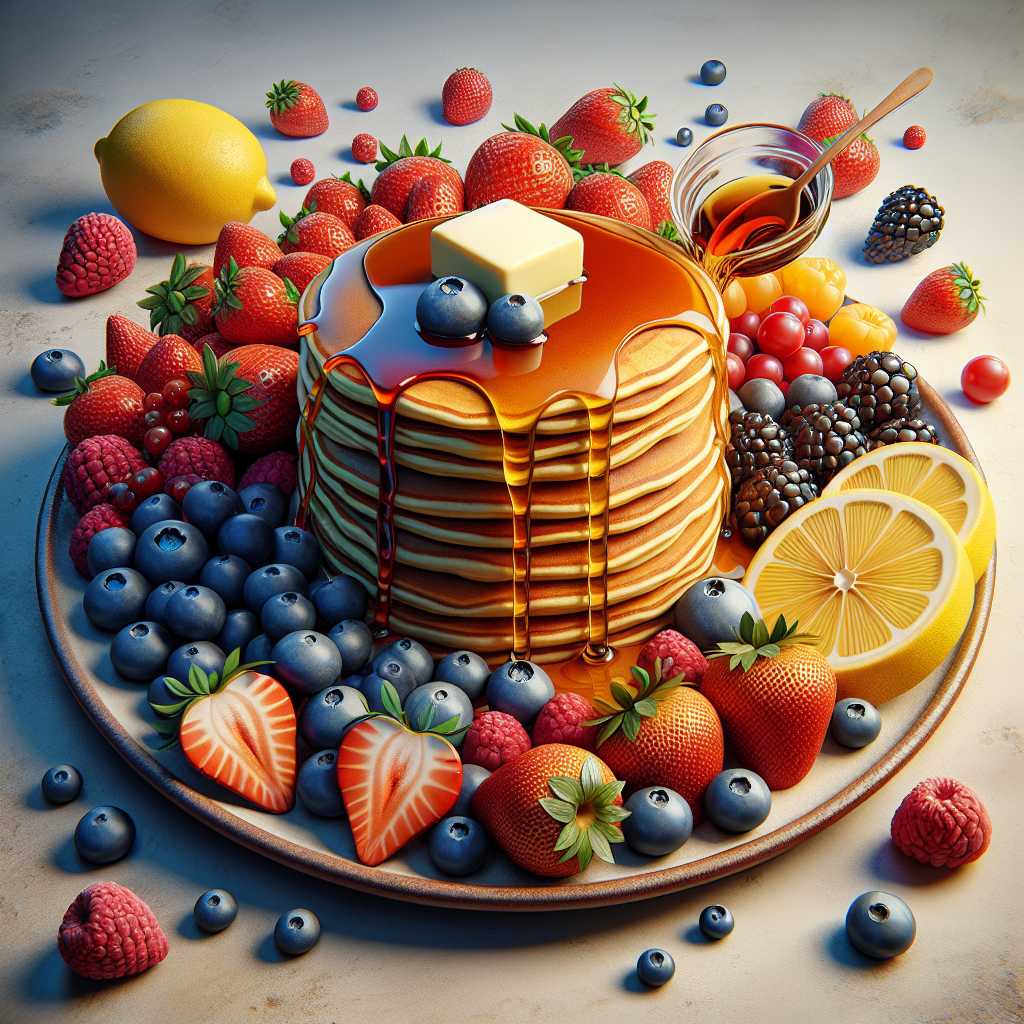Understanding Pancake Day: Origins, Celebrations, and Culinary Delights
Pancake Day, also popularly known as Shrove Tuesday, is a traditional feast day before the commencement of Lent on Ash Wednesday. Lent is the 40 days leading up to Easter in the Christian calendar, traditionally a time of fasting and reflection. Pancake Day is celebrated in various countries with remarkable fervor, each location imparting its own cultural twist to the event. Here’s an inclusive overview of Pancake Day, tracing its origins, how it is celebrated globally, and the culinary customs it entails.
Historical Significance of Pancake Day
Pancake Day has its roots in the Christian tradition. The name ‘Shrove’ comes from the old English word ‘shriven’, which means to confess all sins. It’s historically a day of preparation for Lent wherein Christians would go to confession and be absolved of sins — a cleansing ritual before the austerity of Lent commences. As Lent involves 40 days of fasting or giving up certain luxuries or foods, traditionally this was also a day for using up foodstuffs that wouldn’t last the duration of Lent and were not allowed by the fasting rules. This would include items like fats and eggs, which are essential ingredients for making pancakes.
Global Celebrations of Pancake Day
In various countries, Pancake Day is celebrated differently but always involves much enjoyment revolving around pancakes or similar treats within their cultural framework.
United Kingdom
In the UK, communities might hold pancake races, where participants run while flipping pancakes in a pan. Villages and towns delight in this tradition that purportedly began when a housewife in Olney heard the shriving bell while she was making pancakes and ran to church in her apron, still clutching her frying pan.
United States
While not as widely recognized as in other countries, certain regions with Anglican or Catholic heritage might observe the day with pancake breakfasts at churches or community centers paying homage to their English origins.
Canada
Some parts of Canada take part in Mardi Gras celebrations on Shrove Tuesday which sometimes include pancake eating contests and festivities much akin to American observances.
Brazil and Caribbean
The festival coincides with different kinds of Carnival celebrations in Brazil named as ‘Carnaval’ and certain areas in the Caribbean hosting colorful parades and samba dance events, though these may not focus specifically on pancakes.
Sweden
Sweden doesn’t hold back either with ‘Fettisdagen’, translated as “Fat Tuesday,” where locals eat a specific type of pastry called ‘semla’ instead of pancakes.
France
In France, Shrove Tuesday is known as ‘Mardi Gras’, meaning ‘Fat Tuesday’, which features celebratory feasting with various festivities. French people usually enjoy crepes instead of thick pancakes.
The Culinary Heart of Pancake Day: Making Pancakes
Beyond cultural expressions and traditions, Pancake Day is intrinsically linked to food—it is essentially about making and enjoying pancakes. Different global cuisines offer variations—the basic pancake batter remains principally unchanged: flour, eggs, milk was whisked together to create a smooth pourable mixture which is then fried on a hot surface to produce golden brown pancakes ready for serving.
The toppings and accompaniments for pancakes also range immensely: from sweet offerings like sugar and lemon juice, fruit syrups, chocolate spread and whipped cream to savories comprising cheeses and meats. The versatility and simplicity of the pancake represent its appeal, crossing tastes preferences and national borders with adaptable ease.
Notes
Conclusion: The Universality of Pancake Day
While the religious significance remains at the heart of Pancake Day for many Christians around the world, its mass appeal dovetails with traditions both ancient and contemporary. What remains constant is both simple and profound—an accessible means of marking time before embarking on spiritual reflection balanced by festive participation through communal feasting on a beloved and classic dish. Whether thin crepes or thick fluffy stacks topped with umpteen sweet concoctions or savory complements, Pancake Day reaffirms not only historical continuities but also culinary commonalities that unify disparate cultures at the table.
